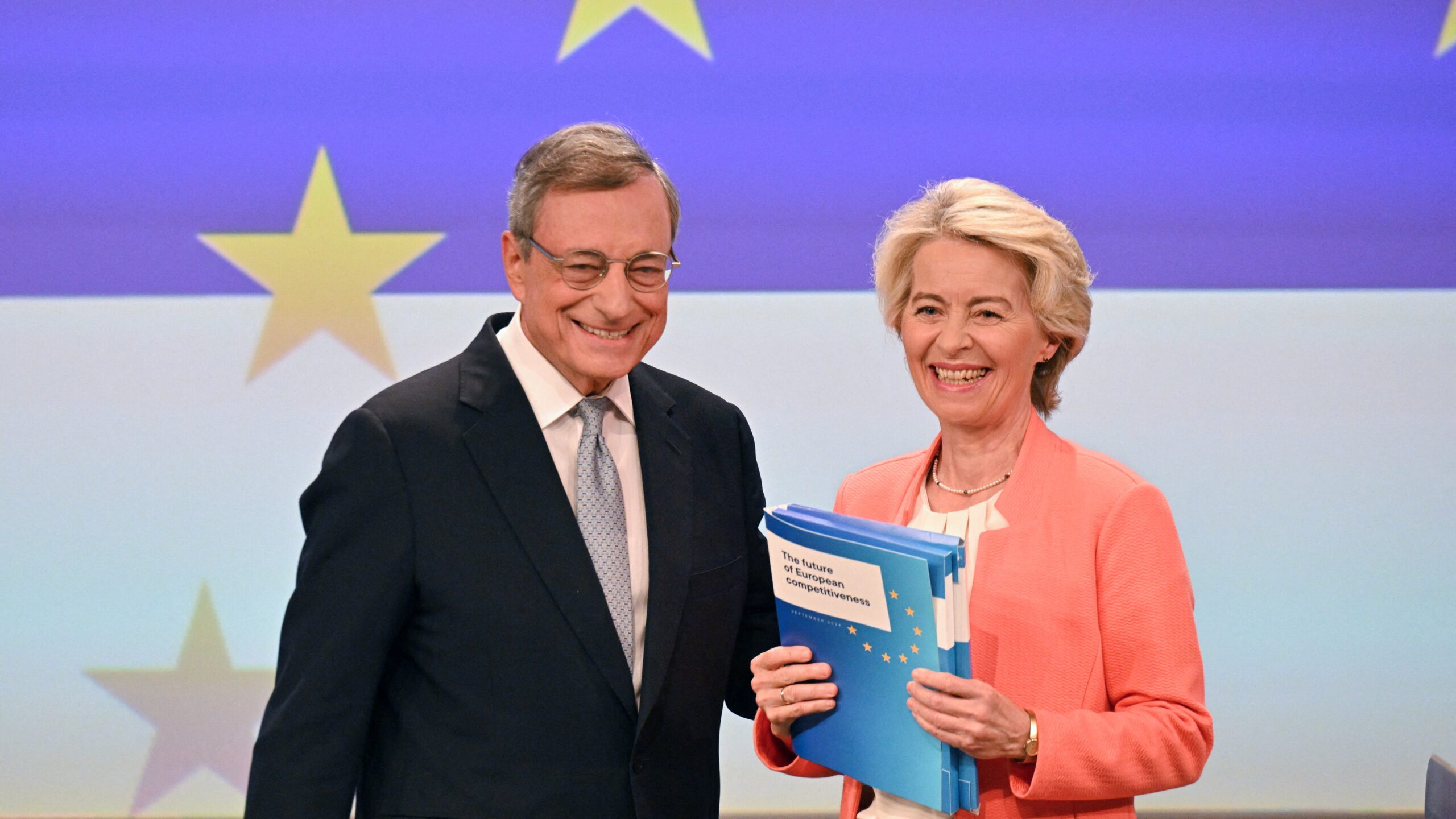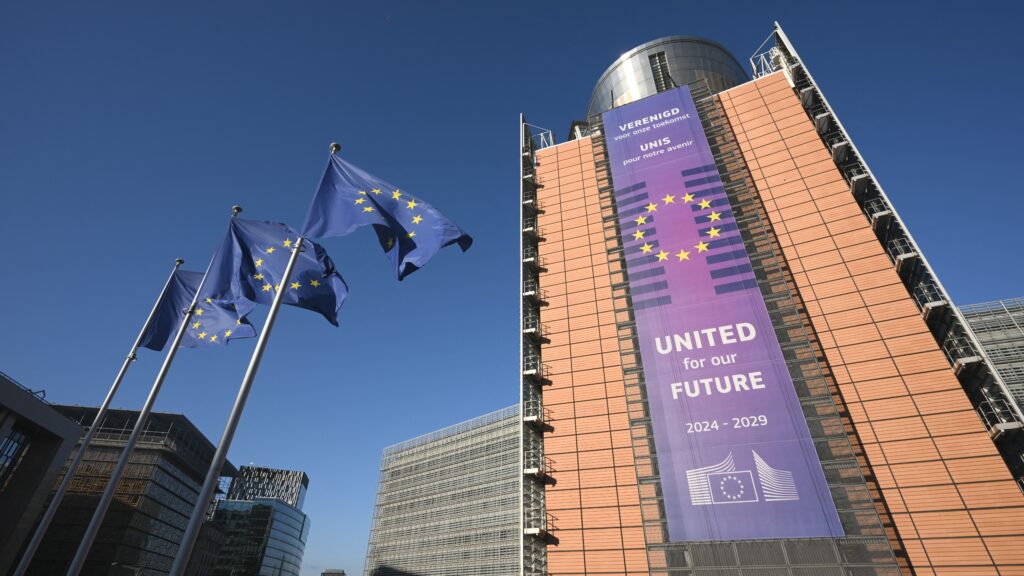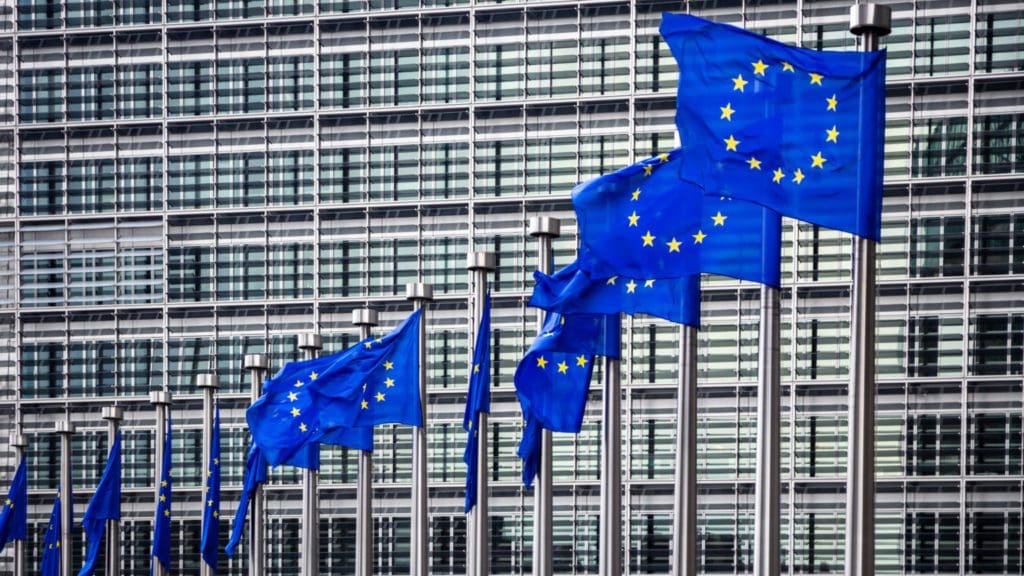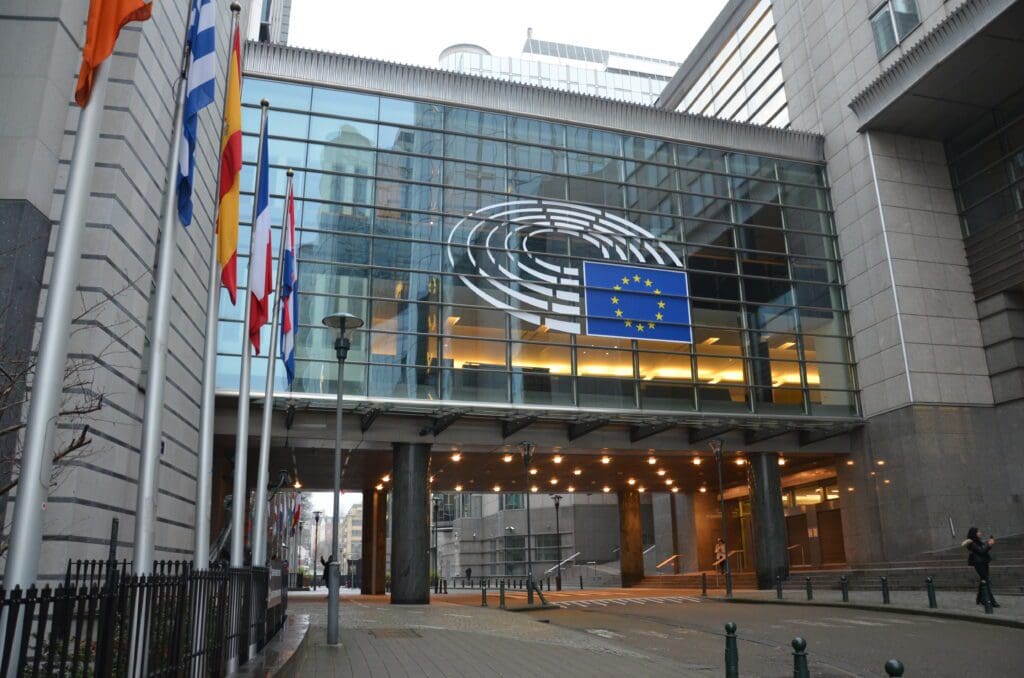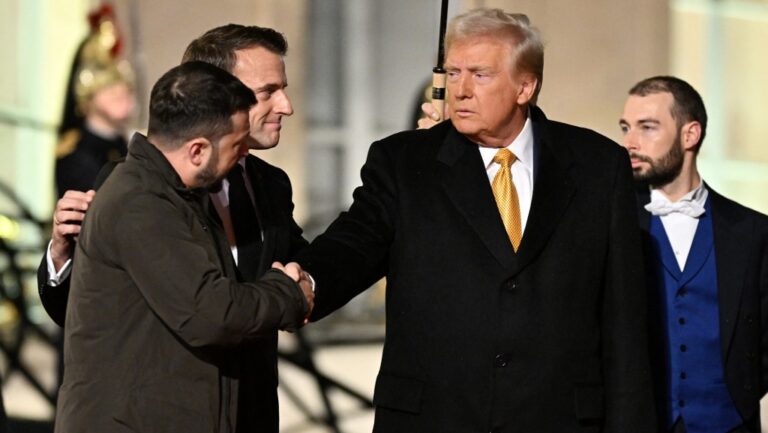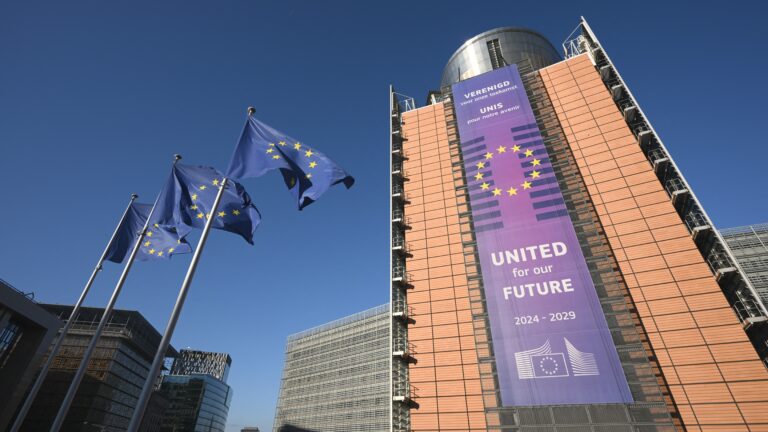On 9 September the European Commission published the long-awaited competitiveness report by former Italian prime minister, economist and banker Mario Draghi, which, as the politician has previously indicated, proposes radical changes in the EU’s economic policies. The publication of the report has been delayed since June; its release now comes amidst the excitement surrounding the setting up of the new European Commission.
Draghi served as President of the European Central Bank between 2011 and 2019. The current report was prepared at the request of European Commission President Ursula von der Leyen last year, and many of its conclusions echo the findings of former Italian Prime Minister Enrico Letta’s report published in April on how the competitiveness of the EU’s internal market could be improved. Letta has also highlighted, for example, the widening economic gap between the US and the EU and called for a reform of internal market rules regarding energy, communications and financial services.
However, EU leaders question, among other things, how Draghi would finance the goals highlighted in the document, and further criticism is to be expected.
The report looks at the challenges faced by the industry and companies in the Single Market. Its findings will contribute to the Commission’s work on a new plan for Europe’s sustainable prosperity and competitiveness, and, in particular, to the development of the new Clean Industrial Deal for competitive industries and quality jobs, which will be presented in the first 100 days of the new Commission’s mandate.[i]
The main points of the document emphasize that in the EU there is a need for a new industrial strategy and thus for radical reforms that ensure its competitiveness and geopolitical importance, increase social equality, and that enable the Union to meet its climate targets. Currently, all of these areas are undermined by the EU’s weak economic growth and productive capacity, especially compared to the US and China.
‘To put Draghi’s proposals into practice, the European Commission estimates that around €750–800 billion per year would be needed’
But here’s where the rub comes: to put Draghi’s proposals into practice, the European Commission estimates that around €750–800 billion per year would be needed.
Draghi proposes that the EU’s priorities should include the lowering of energy prices, increasing competitiveness, proper governance of industrial policy, and increased defence spending. The EU should no longer rely on others to maintain its security, he argues, since continuing to do so would make it more vulnerable. In addition, the report points out that its trade openness also hampers the EU, as around 40 per cent of European imports come from a small number of suppliers that are difficult to replace, and around half are sourced from countries with which the EU is not in strategical partnerships. Therefore, according to the report, the Union needs to develop a genuine foreign economic policy that coordinates preferential trade agreements and direct investment with resource-rich nations, builds up stockpiles in selected critical areas, and creates industrial partnerships to secure the supply chain of key technologies.
The other recommendations for the report include, among others, that Europe must urgently refocus its collective efforts to close the innovation gap with the US and China, particularly in high technology. EU growth has been persistently slower than that of the US in the past two decades, while China has been rapidly catching up. If the EU maintains its average labour productivity growth seen 2015, it will only be enough to keep GDP constant in 2050.
Draghi also highlights the need for Europe to have a complex industrial strategy, combining tax, trade and foreign policy. The lack of such a strategy is shown by the fact that the EU was struggling to cope with higher energy prices after losing access to cheap Russian gas and could no longer rely on open foreign markets. Draghi also recommends that the EU’s decision-making be reformed, making its decision-making rules more efficient that would allow it to act more quickly (this may of course also mean less space for manoeuvring for dissenting member states).
The report is likely to receive a diverse reception from MEPs. Some say that Draghi has a good grasp of European values and goals, therefore he can effectively summarize the challenges, and the responses needed to address them. However, left-wing MEPs in particular believe that the economic recovery should be based on quality jobs and affordable energy prices, and see Draghi’s conclusions as unsound, questioning his ability to articulate the said objectives.
German Finance Minister Christian Lindner also criticized the report, emphasizing that the EU’s joint borrowing would not solve structural problems, and that the main problem is not a lack of subsidies, but bureaucracy and a planned economy.
Until the establishment of the new Commission probably nothing will happen regarding the reports’ objectives, and even after that, the fragmented political landscapes in many member states makes it challenging to obtain the political support necessary for action. So while the findings and recommendations of the report have attracted significant attention, what its long-term impact will be is yet unclear.
[i] The report is available on the official website of the European Commission: https://commission.europa.eu/topics/strengthening-european-competitiveness/eu-competitiveness-looking-ahead_en

